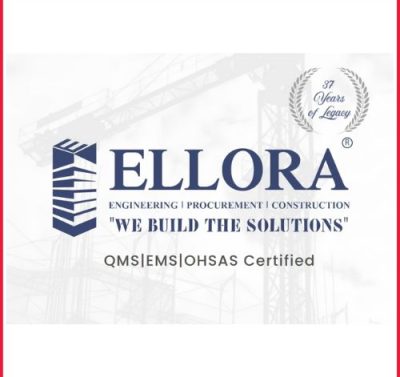The start-up company announced on Thursday that Atlas Materials, which has created a new method to manufacture low-grade nickel that may be used for electric vehicle batteries, has received $27 million in preparation for constructing a pilot facility in North America.
According to Atlas, a method for transforming a type of nickel ore that is typically utilised as a component of stainless steel into a form that can be used for EV batteries with low emissions and no waste has been developed.
According to CEO Jeremy Ley, the business plans to begin producing at a pilot facility at one of three potential locations in either Canada or the United States by 2027, with an annual nickel output of 1,800 metric tons.
Ley noted that Atlas developed new technology to convert mixed hydroxide precipitate (MHP) for batteries from saprolite nickel ores, which make up about a third of the world’s nickel deposits.
This would be the first time MHP was produced in North America, he declared.
Ferrochrome is often produced from saprolite ores for usage in stainless steel.
According to Ley, the company has talked with big mining firms about potential future partnerships and hopes to source ore from New Caledonia.
The new processing method employs caustic soda and hydrochloric acid to leach the ore, but it doesn’t require high pressure or high temperatures, and it doesn’t produce any waste.
Magnesium hydroxide and a substance that can replace Portland cement in buildings are two byproducts of the processing of ore into MHP, both of which can be marketed, according to Ley.
In place of building big tailing ponds, Ley claimed that his company produces no waste and can sell all of its goods as well as all of its ore.
The technology emits almost no carbon dioxide.
A few processing facilities have been established in Indonesia to convert a comparable type of nickel ore into MHP for batteries using high-pressure acid leaching, however this method generates toxic waste.
The greatest nickel reserves in the world are in Indonesia, whose president promised to clean up the environment in March.
Grantham Environmental Trust and Voyager Ventures were among the investors in Atlas’ Series A funding round, bringing the company’s total funding to $33 million, according to Ley.
The funds will be utilised for the pilot plant’s engineering and design work, but further cash will be required for its actual construction, he noted.















